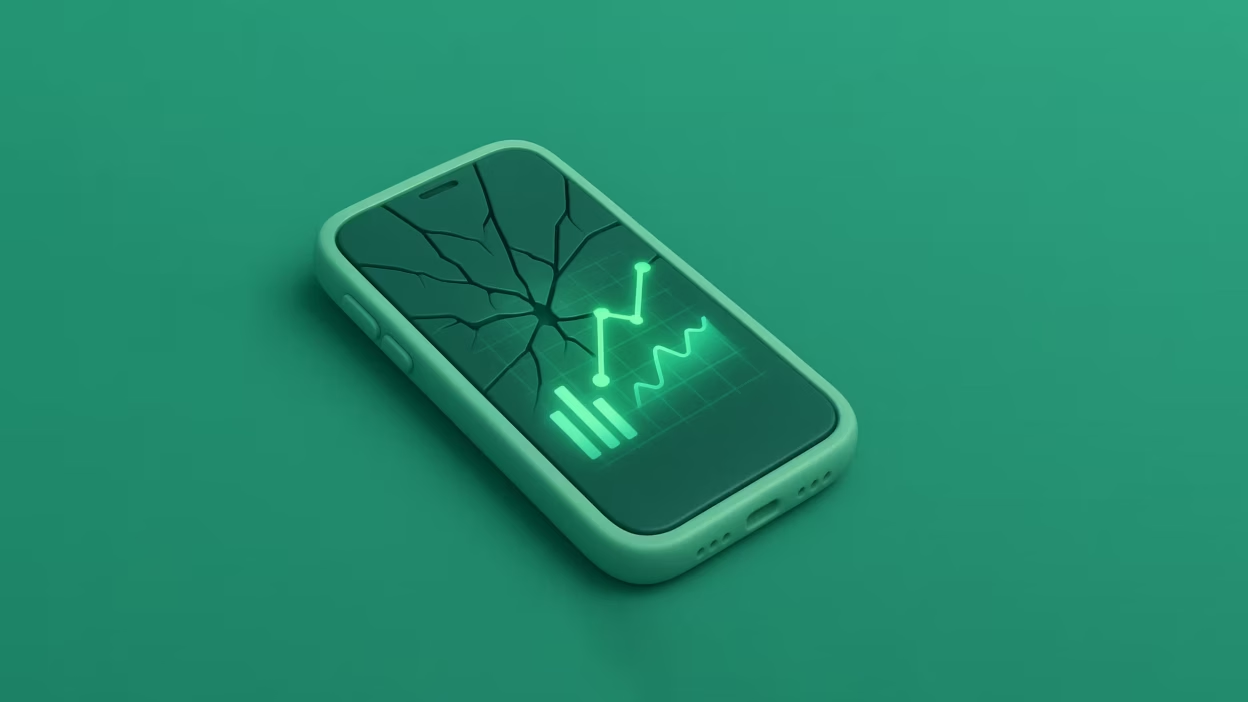You’ve probably seen the headlines. “AI is taking over.” “Data science is dead.” “Learn prompt engineering or get left behind.”
It’s 2025, and if you’re thinking about stepping into a data science career, it might feel like you’re showing up just as the lights are turning off. The hype cycle has cooled. The job boards aren’t as flooded with roles as they were in 2021. And now you’re left wondering: is data science still worth it in 2025?
Let’s not sugarcoat things. The landscape has changed. But the real picture? Way more interesting than the hot takes.
So grab your favorite caffeinated beverage, and let’s unpack whether data science is still a smart bet—or if it’s time to pivot.
The Current State of Data Science in 2025
Let’s start with the basics. Is data science in high demand? Still yes—but with a twist.
In 2025, data science isn’t the Wild West it once was. Back in the late 2010s, just knowing how to run a Jupyter notebook could get you shortlisted. That’s no longer the case. Companies are more focused now. They know what they want. And that means the job descriptions are sharper, the expectations clearer—and, yes, the competition tighter.
But don’t let that spook you. Because demand hasn’t disappeared—it’s just matured.
Data science today is still critical across industries:
- Healthcare is leveraging predictive models for patient outcomes.
- Retail needs sharp analytics to optimize supply chains and customer targeting.
- Finance is knee-deep in risk models, fraud detection, and algorithmic decision-making.
- And don’t even get me started on climate tech, agriculture, and AI safety research—fields exploding with data challenges.
Average salaries? Still solid. Entry-level roles land around $90K–$120K in major markets. Mid-levels can expect $130K–$160K. Senior roles climb higher, especially when tied to business impact or leadership.
But here’s the nuance: it’s no longer enough to just “know data science.” You have to know what to do with it.
Is Data Science Still a Growing Field?
Okay, so demand is still there. But does data science have a future?
Let’s talk trends.
Yes, generative AI is reshaping tech. Yes, automation is eating up routine analysis. But here’s the kicker: AI doesn’t replace data scientists. It reshapes them.
AutoML and large language models are great at spitting out prototypes. But when it comes to:
- Choosing the right data
- Framing the right problem
- Interpreting outcomes
- Building trust with stakeholders
…you still need humans. Skilled, analytical humans who understand both data and context.
That’s why companies are shifting away from the “build a model and walk away” mindset. Instead, they want data translators—people who can merge technical skill with business intuition.
And yes, the field is branching. In 2025, data science isn’t one role. It’s a family:
- Applied data scientists
- Decision scientists
- Machine learning engineers
- Product analysts
- AI ethicists
Each path has a different flavor. Some lean heavier on engineering. Others lean toward experimentation and storytelling. It’s not shrinking. It’s specializing.
Is Data Science at Risk of Dying Out?
Let’s tackle the big scary question head-on: “Is data science dead in 10 years?”
The short answer? No. The longer answer? It’s evolving out of its awkward teenage phase.
You’ve probably seen those think pieces declaring the “death” of data science. Most of them confuse buzzword fatigue with industry decline. Yes, companies aren’t hiring armies of generalists anymore. And yes, tools like ChatGPT can generate code snippets or clean data faster than ever.
But automation doesn’t kill data science. It just changes the job.
Think about it like this: when Excel came out, accountants didn’t go extinct. They became more efficient, more strategic. Same thing here.
So if your plan was to memorize Scikit-learn documentation and become the “model builder” in the corner—yeah, you might feel obsolete. But if you want to use data to drive product strategy, improve processes, make better decisions? You’re still very much needed.
If anything, the real job is finally showing its face.
Need more on what it actually feels like day-to-day? Check out: Is Data Science Hard? What It’s Really Like to Be a Data Scientist
Is It Worth Learning Data Science in 2025?
Let’s get personal. You’re probably not here for economic theory. You’re here to make a decision—about your time, your money, your next move.
So let’s be real: Is it worth learning data science in 2025?
Here’s the good news:
- The skills are transferable. SQL, Python, statistics, and data thinking are assets in almost every industry.
- It opens doors. Once you know how to work with data, you can shift between roles—analyst, engineer, researcher, strategist.
- You get leverage. Data people often have visibility into big decisions. You’re not stuck in back-office obscurity.
But here’s the caveat: it’s not passive. You can’t just “learn data science” and wait for the offers to roll in. You need to apply it. Solve real problems. Build projects. Stay curious.
And yeah—it takes time. Expect 6–12 months of focused, applied learning if you’re coming in fresh. The upside? It’s one of the few career switches that pays off relatively fast—often within a year.
If you’re ready to roll up your sleeves, here’s your roadmap: What Is Data Science? A Beginner’s Guide to Your New Career
What If It’s Not for You? Other Paths That Still Work with Data
Still on the fence? Totally fair. Data science isn’t for everyone. Some people hate ambiguity. Others prefer more structure or less solo problem-solving.
The good news? You can pivot without ditching everything.
Here are a few adjacent careers that still play in the data sandbox:
- Data Analyst: Less modeling, more reporting and visualization. Often faster to break into.
- Data Engineer: Focuses on infrastructure and pipelines. Great if you love systems and scale.
- ML Ops: Combines engineering and deployment of machine learning models. Big in companies with mature AI practices.
- Product Analyst / BI Specialist: Lives closer to business. Uses tools like Looker, Tableau, and SQL to drive decisions.
So even if you start down the data science path and change direction later, you haven’t wasted your time. You’ve built a foundation that travels well.
Final Take: So… Is Data Science Worth It in 2025?
Let’s wrap it up. If you’re asking, “Is data science worth it in 2025?” here’s the honest take:
- If you’re looking for a career that blends logic, creativity, and real-world impact
- If you’re willing to learn continuously and solve messy problems
- If you care more about outcomes than trendy titles…
Then yes—data science is absolutely still worth it.
But if you’re chasing hype or hoping for easy entry with minimal effort? You’ll probably burn out. This field rewards curiosity, not shortcuts.
In 2025, data science is no longer shiny and new. That’s a good thing. It’s more grounded. More honest. More aligned with real problems and real solutions.
And if that excites you? You’re exactly the kind of person the field still needs.





